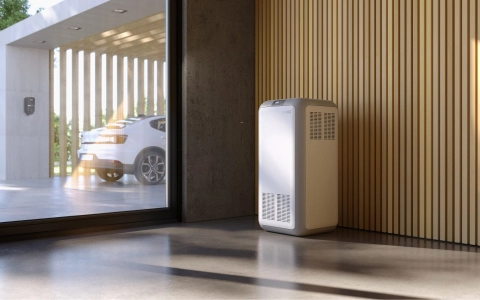
SENEC Australia
From 2024, SENEC will focus on the core market of Europe.
SENEC Australia
From 2024, SENEC will focus on the core market of Europe, specifically Germany and Italy. SENEC will no longer be active selling in Australia with immediate effect. SENEC would like to thank its employees, and customer partners in Australia for their commitment over the past years.
Warranties will be honoured and continue to apply to existing customers. It will be fulfilled as usual until the expiry of all warranty contracts. The existing on-site systems will continue to receive software updates. For warranty claims please contact us via the contact form below.
Technical support throughout the warranty period will also be honoured by SENEC GmbH. Please use the same contact form.